Each of the plants in my home, my real home, have different needs. There’s a sick succulent that keeps dropping leaves; I’ll rotate it from window to window with the sun’s movement to make sure it’s got enough light. The most dramatic is a pilea plant that droops like a child throwing a fit when it needs watering. These plants are alive, like my cat and dog, and their care is complex—there’s always something that can go wrong, whether it be overwater or undersun.
Each of the plants in my home, my real home, have different needs. There’s a sick succulent that keeps dropping leaves; I’ll rotate it from window to window with the sun’s movement to make sure it’s got enough light. The most dramatic is a pilea plant that droops like a child throwing a fit when it needs watering. These plants are alive, like my cat and dog, and their care is complex—there’s always something that can go wrong, whether it be overwater or undersun.
I tend to the plants in my home as a hobby, a leisure activity. It’s real, physical work thats benefits make up for the caring labor. The plants and the work they require are a reprise from the bad, bad world we live in. They take in just enough effort that I can forget about the rest of the world, if only for a moment.
I look at plants often as I look at video games; as a medium to learn from, to occupy time, as a method of self-care. I turn to these hobbies in the moments it feels like I can’t care for myself. Caring for something else, for better or for worse, is often where my leisure time falls. A game like The Sims is particularly appealing in this regard. When the work on my real-life garden is done, I can move on to my digital foliage.
The way The Sims 4: Seasons updates plants is within grouping. An area-of-affect option allows players to water all plants at once, or harvest and sell them all at once. All plants on one lot now have to be watered, weeded, and fertilized all at once rather than at random intervals. Generally, The Sims 4: Seasons makes The Sims 4’s gardening mechanics more efficient. Less work, more play, but the game still relies on the satisfaction of “work” to make it worthwhile—to make The Sims and its gardening a system that can act as a reprieve. It’s less work than gardening in real-life, but it’s relative to what you get out of in as a game.
Plants, too, are limited, but impressive for a video game: There’s apple and lemon trees, flowering plants, and herbs. Vegetables—carrots, onion, potato, mushroom—are staples in most The Sims gardens. Many of these, the plants I choose in The Sims 4, are ones that won’t thrive in my Massachusetts apartment. I’ve come to terms that I’ll never have a plantain tree; The digital version will have to do.
The Sims is a study in caring labor—Caring for a family, for relationships, for pets, and for plants. The EA simulation game puts players in control of a community of sims. We’re the “god” of the world, free to nurture and destroy, cause chaos or peace. The Sims 4 is flexible, pulling players in and out of community life as focus changes from large-scale environments to individual, daily decision-making. There is room for players to not “care,” but as games scholar Shira Chess briefly discusses in “Ready Player Two: Women Gamers and Designed Identity,” that’s not the “right” way to play. There’s the incentive to care for your sims, though that incentive changes from player to player.
“Winning” The Sims isn’t tied to a score screen packed with gold medals ala Overwatch or Fortnite. It’s tied to a player’s ability to care for the community’s needs or wants. It’s not always tangible; For some, it’s navigating a sim through a winding career path. Others are interested in amassing the largest and fanciest houses, while some are concerned with building relationships and nurturing families. Play in all of these instances mirrors work, whether it be emotional or physical.
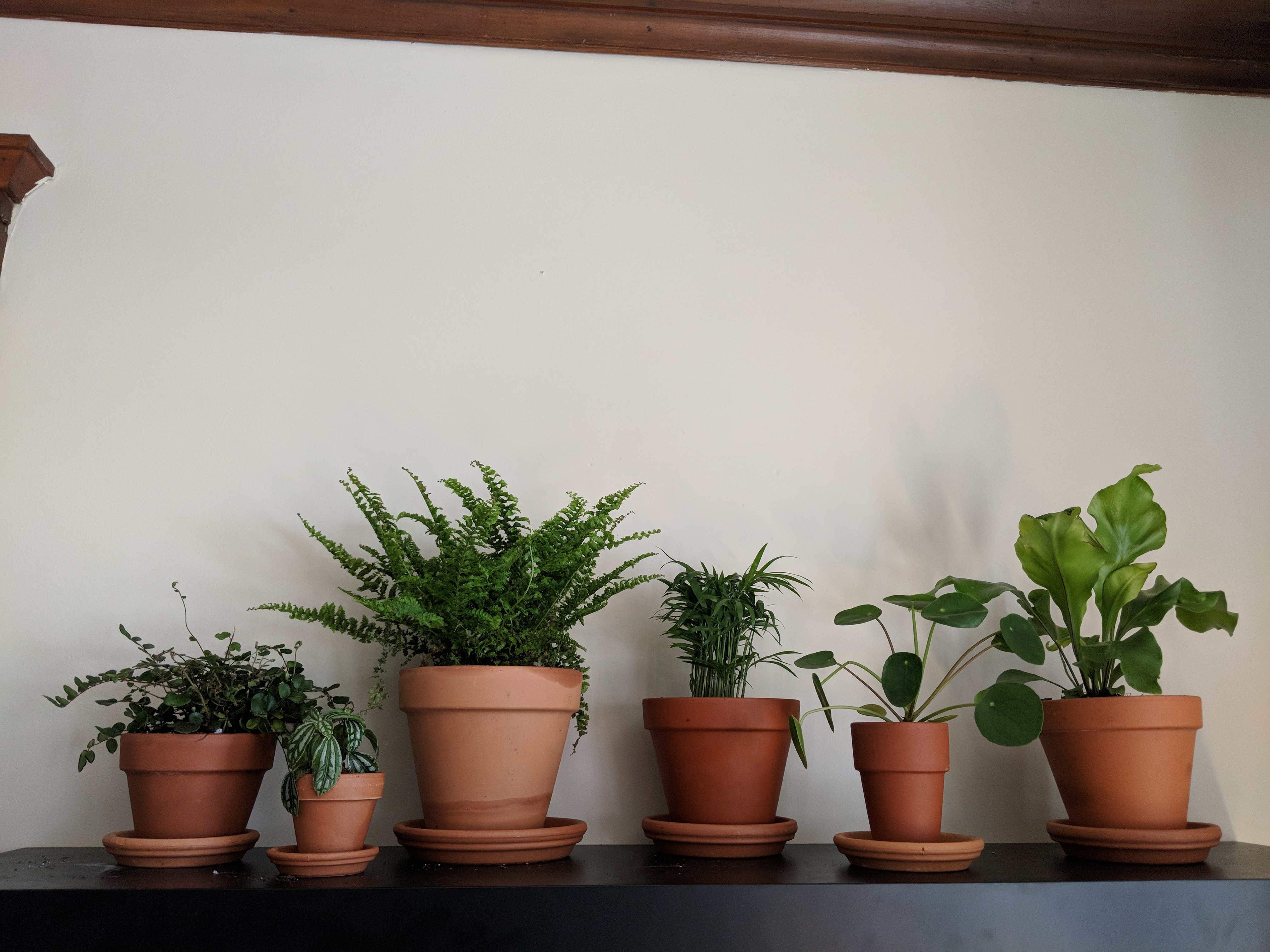
Nothing in The Sims is literally tangible—it’s all code in the computer—but success can be determined by how something thrives. The Sims 4’s new Seasons update overhauled the gardening system in-game, in an attempt to make it easier for players to feel the digitally tangible benefits of caring for and maintaining a garden. Before the update, gardening work in The Sims 4 sat too close to the line between work and play. Tending to a garden or plants in-game felt tedious, too similar to actual work for it to mask itself as play.
The Sims developers have capitalized on the idea of work as play, which is a genre decision that Chess says appeals to the “designed identity” of female gamers. Indeed, The Sims is seen as more of a girl’s game, though in a 2014 interview with VentureBeat, The Sims 4 executive producer Lyndsay Pearson said the gender ratio is “quite balanced between men and women.” Numbers from a 2017 study by Quantic Foundry suggest the scale is tipped toward women; the survey found that 69 percent of family and farm simulation games are women. (It’s unclear what games were counted in the study as family and farm simulation games.)
I’ve often grappled with the idea of women’s games, why I choose to play games that require a kind of emotional labor that’s entwined in my everyday life. Games that push players toward certain themes, whether it be tending to a garden in The Sims 4 or rummaging through clothing in Love Nikki Dress-Up Queen, are more often considered women’s or girls’ games, and that’s not inherently a problem; it’s a problem when these are the only games designed and marketed towards girls. Likewise, there’s often a problematic notion of invalidity tied to games like these—That gardening isn’t a worthwhile pursuit for a hardcore gamer.
Interesting enough, Japanese RPG Harvest Moon games were received well by a varied audience when it released in the mid-nineties. Positive receptions continues today, too. The game is essentially a farming simulator; Players tend to a dilapidated plot of land and care for the plants and animals that live on it. Of course, farming is a masculine job, not a hobby, which boosts its worthiness in the game-sphere and in life.
This attitude toward gardening vs. farming goes well beyond gender roles in games. Gardening manuals before 1840 often marketed themselves toward a male audience, but changed the approach when they realized that women liked flowers, historian Robin Veder wrote in a 2007 piece called “Mother-Love for plant-children: Sentimental Pastoralism and Nineteenth Century Parlor Gardening.” Literature of the time framed gardening as inherently feminine, “constructed as leisure and the natural expression of femininity.” In this case, gardening no longer work, but a leisure activity embedded in feminine nature.
It really comes down to centuries of gender constructs that influence validity in all sorts of things, not just play and hobbies. I don’t quite know what it says that my hobbies are all underlined with work—Maybe something I’ve absorbed through years of life in a capitalist society that undervalues women. But starting to unpack these thoughts while I comb through my Boston fern’s fronds for brown spots or researching plants in The Sims 4 is a step.


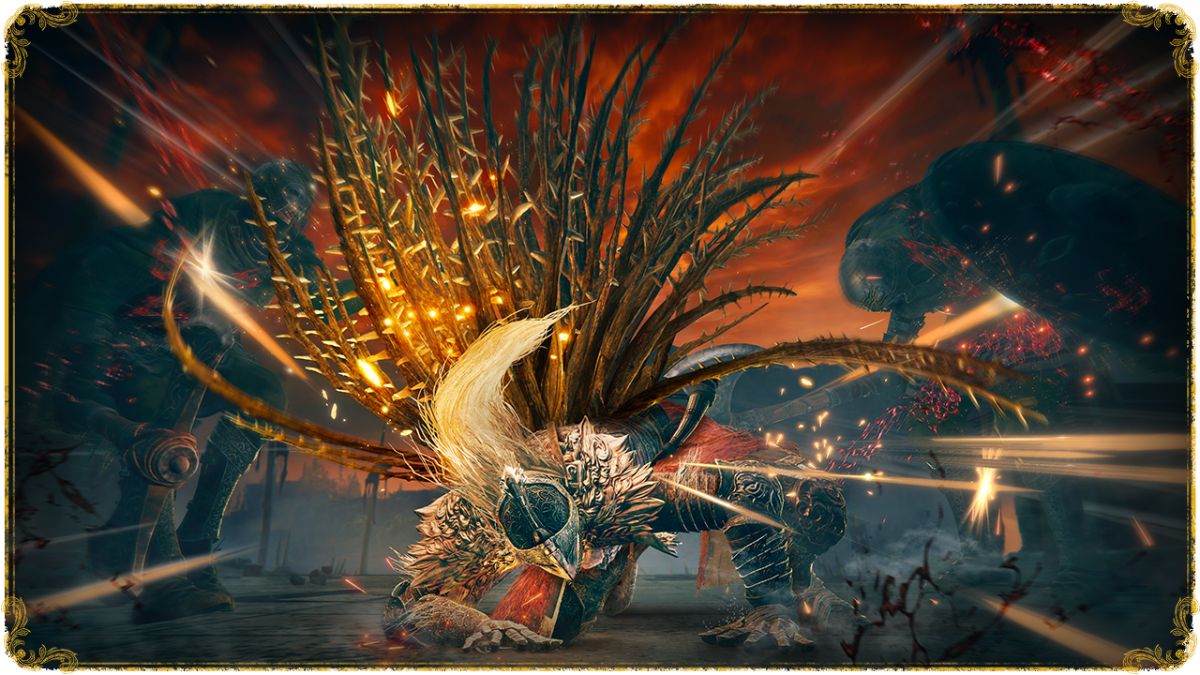
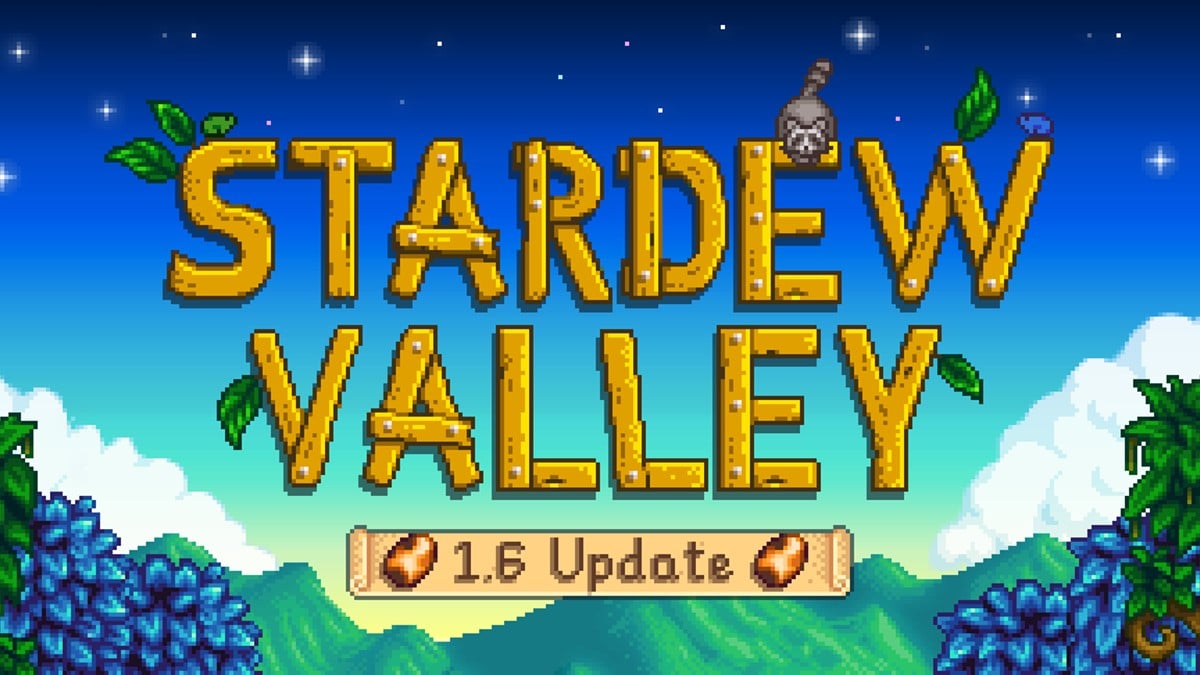
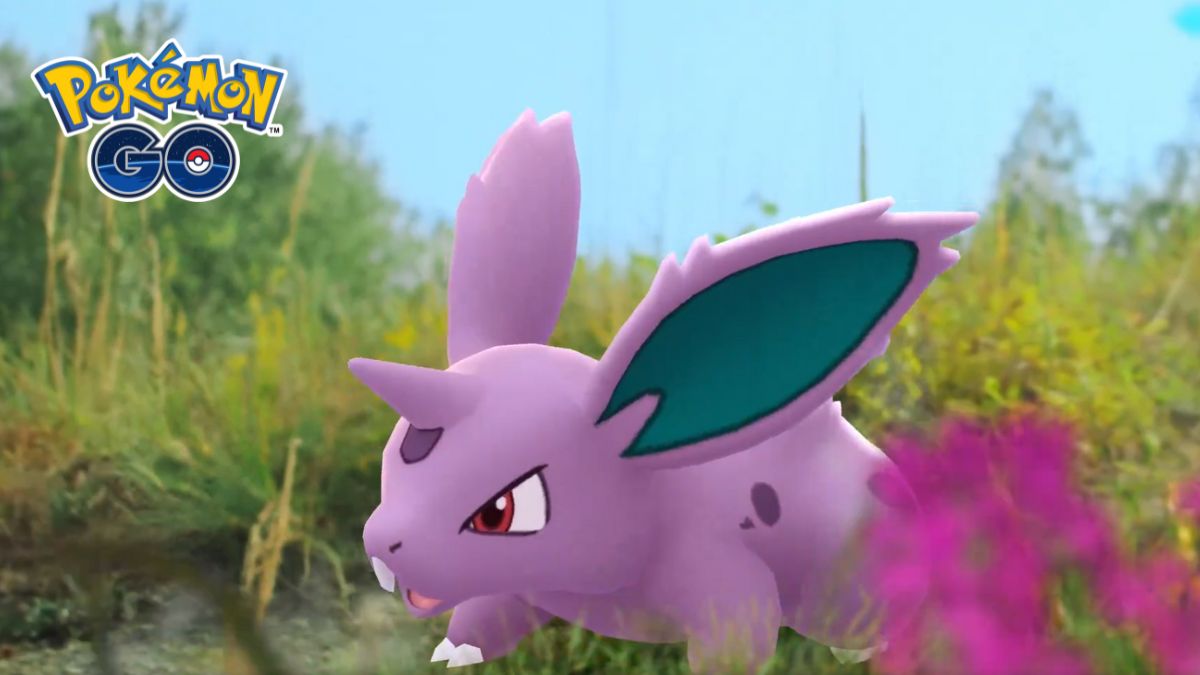
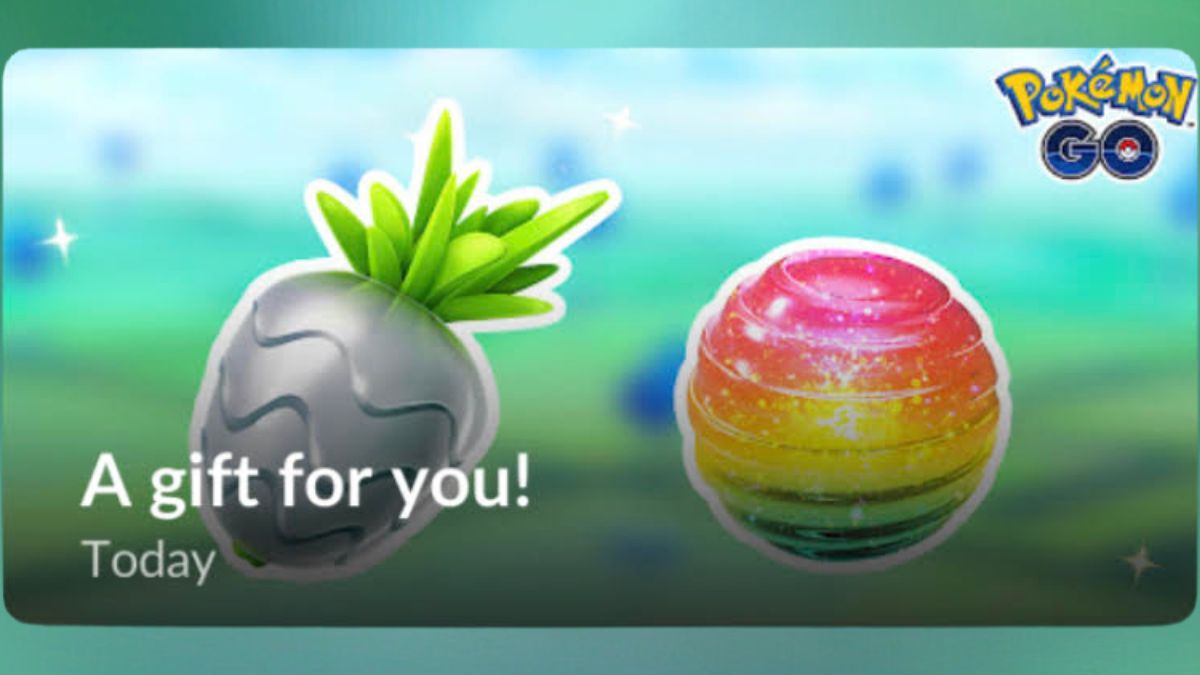
Published: Jul 27, 2018 07:54 pm